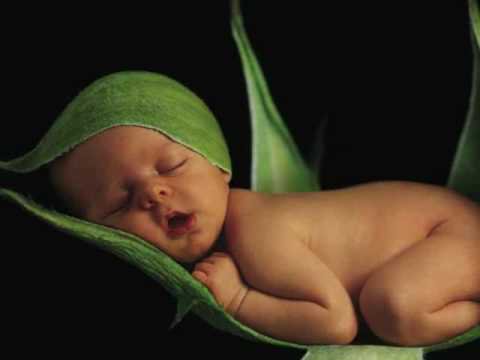The Light Body and the Original Resonance
The Light Body and the Original Resonance
Through all history and in all cultures, every infant has come into this world resonating with joy, love, and freedom because that original resonance is our trademark. We call this our light body.
In the early stage of our life, when we are infants, we cannot communicate
with words, we lack teeth with which to process food, we go through
our day with a diaper containing our wastes, and we do not know
how to walk. We depend on other people to lead us from one place to
the other, to feed us, and to protect us. We are extremely fragile and
vulnerable. Even so, we are happy. So let’s imagine, for a moment, how
our adult life would be if we had to tolerate all of those limitations, or
even half of them, or just one. Who of us would not be in despair?
In our fi rst few months of life, even though we are suff ering and
coping with all those “disabilities,” we’re charming and lovely beings.
At that age, our nature is only to give and receive love; we are innocent,
spontaneous, and able to be true to ourselves at every moment. We feel
free to ask for and reject anything, any event, even any person. We feel
as we feel, without any remorse or shame. Through all history and in
all cultures, every infant has come into this world resonating with that
joy, love, and freedom. And the same can happen in the future, because
that original resonance is our trademark. We call this our light body.
It is unconditioned in all of us, as well as in most creatures. This is our
birthright. We are naturally a light body with nothing to conceal and
nothing to be ashamed about.
When we remind our workshop participants of this, the same
question is always asked: “What has happened to us?” How is it possible
that, being designed in this way, humans have eventually come to live
like they do? There are probably many ways to explain it, but here
I’ll only mention the conclusions I reached while working with the
cell memory within us. The original resonance of the infant called the
light body is as malleable as clay before being fired. The baby adapts
to every outer stimuli or impression—for instance, to life experiences
with the family members or the people with whom she happens to live.
Everything begins in our mother’s womb. There isn’t any more intimate
relationship than the one we have with our mother before being born.
We felt comfortable and protected during those nine months, if our
mother wanted us. It seems difficult to conceive of a more pleasant
place, a place we recognize as ours, which is a wonderful feeling of
well-being. In this natural state of comfort our body is created. While
in gestation, we remain open and absorb everything, and what is given
reaches us effortlessly and unconditionally.
To this blessed state, the particular impressions of each pregnancy
are added. The infant feels and experiences as hers everything the
mother feels. It couldn’t be otherwise, since she is within the mother’s
energy field. Indeed, that period of primary and essential training
establishes the emotional patterns and the different kinds of behavior
that the gestating being is going to develop while growing up. Any
outer or inner change affecting the mother will somehow result in a
kind of learning.
The fact that the mother’s womb is a warm, emotionally rich
environment can make a big difference in all of the child’s feelings,
hopes, emotions, dreams, and thoughts throughout her life. For
centuries, many mothers have known through their own experience
and intuition that the forthcoming baby feels pain and has emotions,
and this has been proven by recent research. Lodged within the uterus
is an extremely sensitive individual—first a fetus, then a child—able to
hear and feel much of what the mother hears and feels. Thomas Verny,
the author of Th e Secret Life of the Unborn Child, is a psychiatrist who
has been a pioneer in the field of prenatal psychology. His book is a
collection of very valuable research proving that the baby, even while
she is in the womb, has a very deep relationship with her parents and
the outer world. Furthermore, prenatal psychologists remark that the
“center of gravity” of human personality is built up in the womb. It has
been observed that just as the baby gets what the mother inhales, eats,
or drinks, the mother’s thoughts and emotions are also conveyed to the
baby. It has also been noted that stress hormones, such as adrenaline,
travel through the mother’s bloodstream and produce in the baby the
same emotional state. Patterns of chronic anxiety, worry, or ambivalence
about having or not having the baby may predispose the latter in such
a way that she will repeat these in her future life.
From birth on, the baby is very sensitive to outer influences and
responsive to smooth, gentle, and loving contact, while she reacts badly to
flashing lights, noises, and the metallic environment associated with birth
in medical settings. The mother’s ability to remain calm and communicate
with her baby during pregnancy, as well as the building of an appropriate
environment for a relaxed birth full of love, will immensely contribute to
the child’s physical and mental health for the rest of her life.


1 Comment
thank you, this page truly assisted me with a writing project for my college class at MSU